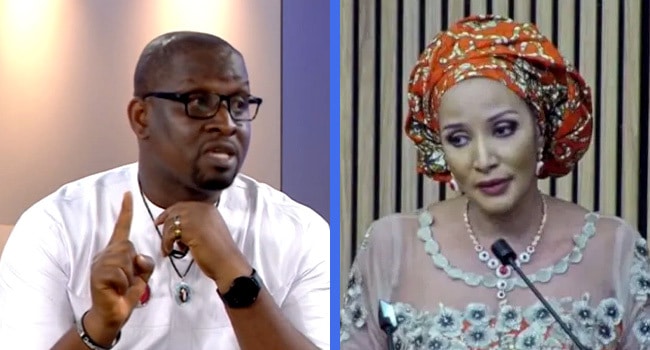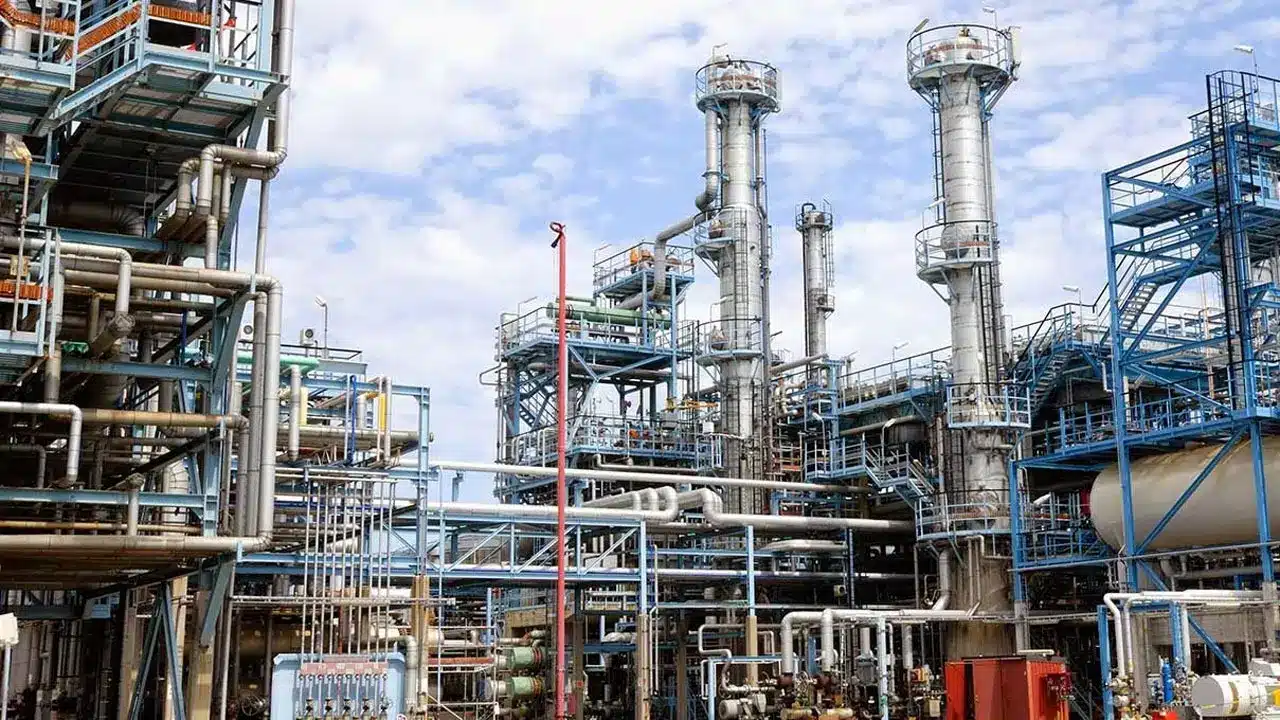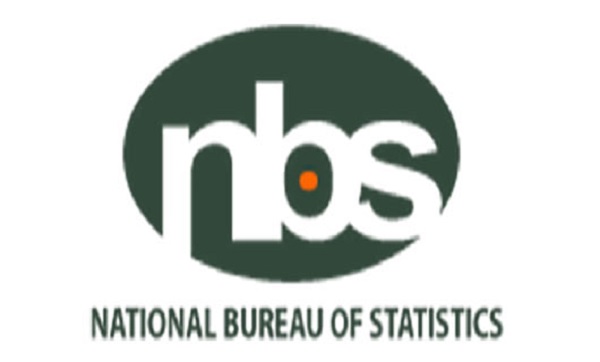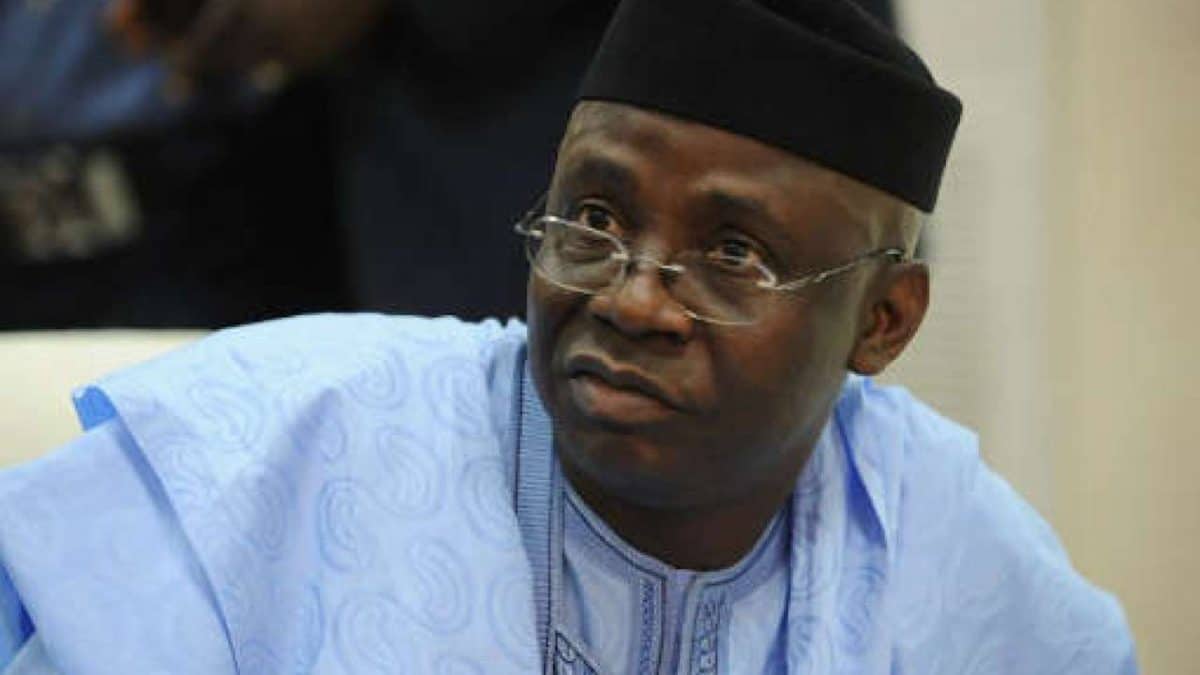As Nigerians continue to groan over the recent increase in fuel prices by the Nigerian National Petroleum Company (NNPC) Limited, Naija News brings you the latest update on petrol scarcity, fuel price increase and Govt/citizens’ reactions.
We Have No Direct Dealing With You Yet – Dangote Replies IPMAN On Lifting Petrol
Dangote Refinery has described the claim by the Independent Petroleum Marketers Association of Nigeria (IPMAN) that its members are experiencing difficulties loading refined products from its facility as misleading.
The refinery, in a statement on Thursday, clarified that there is no direct dealing with IPMAN, neither has it accepted any money from it for petroleum purchases.
Naija News recalls IPMAN President, Abubakar Garima, had claimed during a TV interview that despite having paid ₦40 billion to the Nigerian National Petroleum Company Limited (NNPCL), members of the association are facing significant difficulties in loading petrol from the Dangote Refinery in Lagos.
However, Dangote in a statement on Thursday by its Group Chief Branding and Communication Officer, Anthony Chiejina, countered the IPMAN boss, explaining that the petroleum marketers are yet to register or start dealing directly with the refinery.
The Dangote spokesperson emphasized that the refinery can load 2,900 trucks per day, and can also evacuate petroleum products by sea, urged IPMAN to follow the due process as there is fuel in abundance.
‘It’s An Aberration For Nigeria To Be Importing Fuel’ – Governors
Governors of the 36 states of the federation have condemned Nigeria’s continued dependence on the importation of petroleum to meet its local demands of fuel consumption.
The Imo State Governor, Hope Uzodinma, who spoke to newsmen on behalf of his colleagues after the meeting of the Governors, which also had in attendance the Group Chief Executive Officer of the Nigeria National Petroleum Company Limited (NNPCL), Mele Kyari, said it is an aberration for Nigeria as an oil-producing country to be importing fuel.
The Governors called for the repair of the refineries in the country to make petroleum products more available and affordable to Nigerians and alleviate the suffering in the land.
They also called for support for Dangote Refinery.
Uzodinma said, “We must encourage the homegrown solution that the President just introduced; encouraging Dangote Refinery. We should repair our Port Harcourt Refinery, repair our Warri Refinery, repair our Kaduna Refinery, and then produce what we eat, and eat what we produce.
“We shouldn’t rely on importation of crude oil. For me, it is an aberration in the first place, to rely on importation of petroleum products as an oil producing country, while other members of OPEC of our status are now refining crude oil in that country.”
‘You Must Sell Fuel Cheaper’ – Marketers, Dangote In Fresh Rift Over Petrol Price
The ongoing dispute between Dangote Refinery and Nigerian petroleum marketers has intensified following statements by Alhaji Aliko Dangote, President of the Dangote Group, who claimed marketers have not been approaching his refinery for petroleum purchases.
Tensions arose in September with the distribution of premium motor spirit (PMS), commonly known as petrol, from Dangote Refinery. A disagreement developed between the refinery, the Nigerian National Petroleum Company Limited (NNPCL), and various petroleum marketers, sparking confusion across the sector.
Many Nigerians had anticipated lower fuel prices due to Dangote’s private refinery, but prices instead surged, disappointing consumers. Those who spoke to Daily Trust have expressed frustration over the disagreements among key stakeholders, emphasizing their demand for affordable, readily available fuel rather than public disputes.
However, Dangote suggested that lower fuel prices might be out of reach due to what he described as “apathy” from marketers.
Speaking after a recent meeting with President Bola Tinubu on the naira-for-crude policy, Dangote stated that his refinery was capable of supplying over 30 million liters of fuel daily and had enough reserves to meet the country’s needs.

 3 weeks ago
2
3 weeks ago
2







![[Just In] PH Refinery: Nigerians Deserve Clarity, Reduction In Petrol Prices – Peter Obi To NNPC](https://www.naijanews.com/wp-content/uploads/2024/10/jigawa4-768x576-1.jpeg)







 English (US) ·
English (US) ·